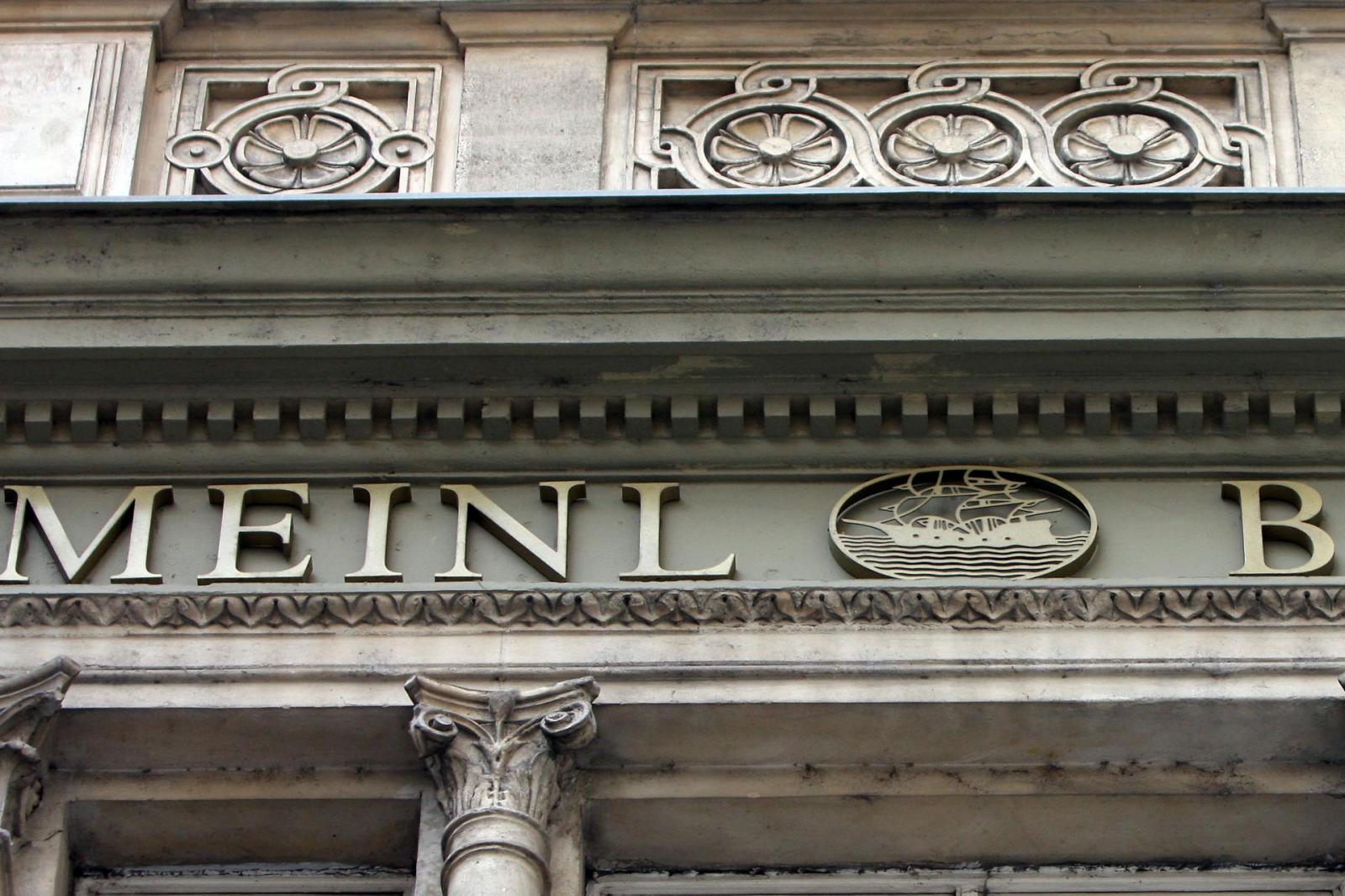For years, banks in three Eastern European countries were stripped of assets by their owners using a blunt but efficient scheme made possible by Meinl Bank, a venerable Austrian financial institution that lost its license last week.
Hundreds of millions of euros were siphoned out of Ukraine, Latvia and Lithuania, punching holes in state budgets and leaving creditors empty handed, according to a six-month investigation by OCCRP and its Austrian partners, profil and ORF.
At the heart of the scheme was Meinl, which had gambled big — and lost — in real estate before turning to a profitable new business: helping bankers across Eastern Europe siphon money from their own institutions. The business helped keep Meinl afloat but the bank, now called Anglo Austrian AAB Bank AG, may pay the ultimate price.
On November 15, the European Central Bank (ECB) revoked the private Viennese bank’s license.
“The license of Meinl was revoked due to its history and the violation of due diligence over the past few years,” Helmut Ettl, executive director of the Austrian Financial Market Authority, said Friday.
In a statement to OCCRP, the bank said it regrets the revocation decision, which it called unnecessary.
“(T)oday’s decision by the ECB does not change anything; the bank will continue and complete its withdrawal from the banking business as planned,” the bank said, adding that unspecified “legal steps are currently being evaluated.”
Authorities in four countries have confirmed criminal investigations of operations facilitated by Meinl Bank between 2011 and 2015, when hundreds of millions of dollars and euros from other banks flowed through Meinl accounts before disappearing into shadowy offshore companies.
The investigation by OCCRP and its partners found evidence that Meinl helped bankers in Ukraine, Lithuania and Latvia bypass regulations and bans, shifting vast amounts of money out of their banks just before their collapse. (more...)

No comments:
Post a Comment